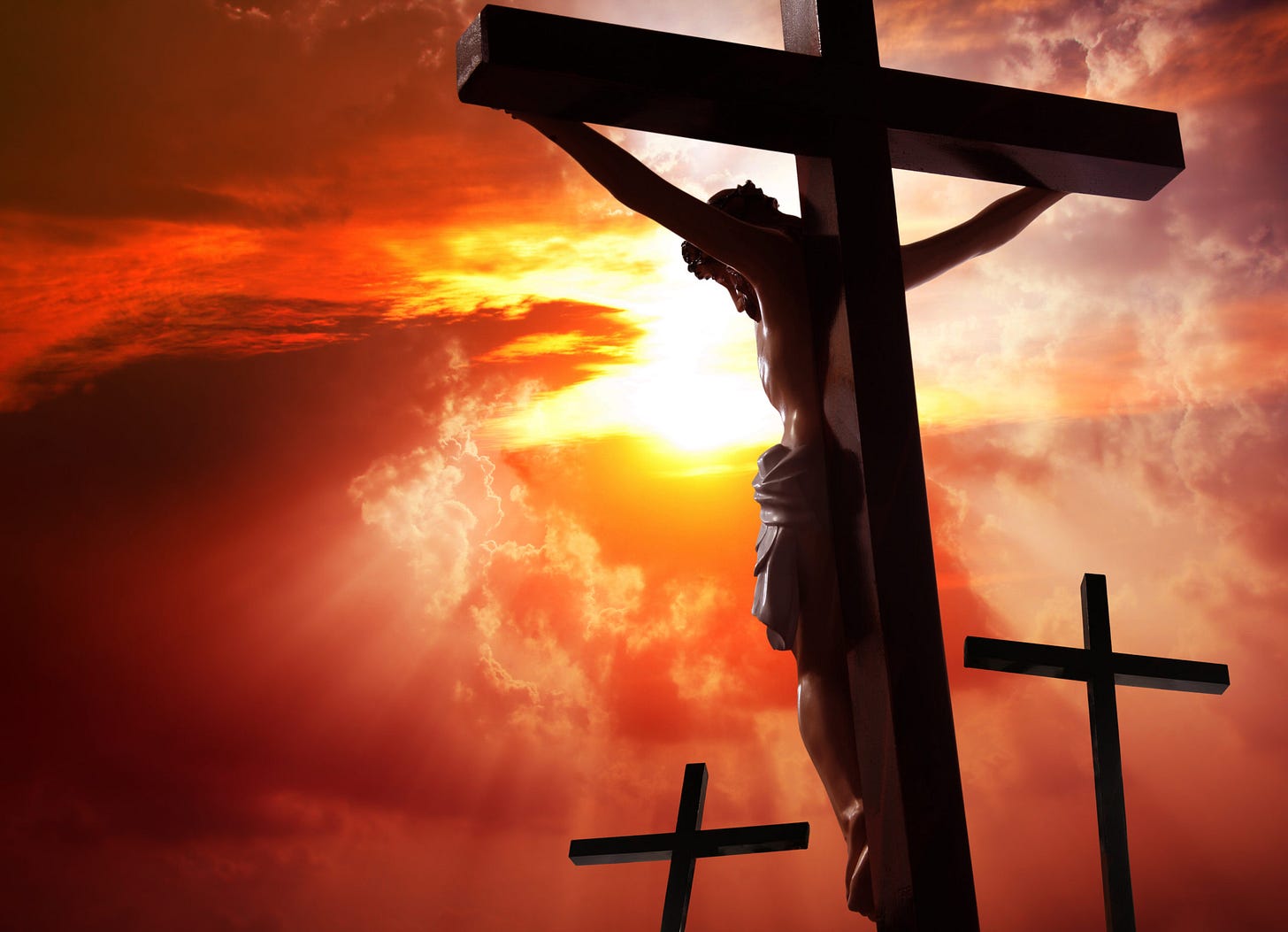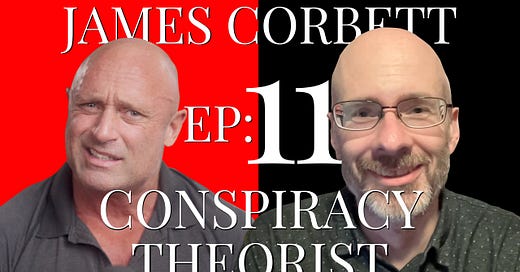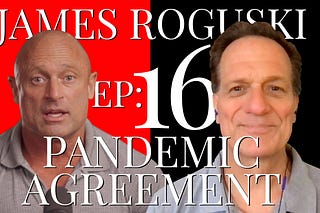
Free Will, Libertarians and Easter
Sam Harris does not believe ‘free will’ exists.
He believes we are creatures playing out compulsive, repetitious behavioural cycles like any other animal and, like them, we just don’t realise it.
Except for him.
He knows what none of us can see, apparently.
He has elevated himself above the primal, it is suggested we acccept.
Forgive my skepticism.
On the contrary, I see ‘free will’ exercised daily, at life’s inflection points and in our beliefs.
We are free agents, individuals making an individual’s decision, not some kind of habitual, near-clone automatons.
Daily ‘Free Will’
We exercise ‘free will’ daily in the decisions we make: walk across the road now or when the cars come, read a chapter of a book now or later or not at all, compliment a person or not. This is obvious.
‘Free Will’ At Life’s Inflection Points
We exercise ‘free will’ at great inflection points in our lives when long-lasting, significant decisions are made: a marriage, a move overseas, a decision to start volunteering for a charity for the next ten years, the ascent of a rugged mountain.
When a child is born, is it preordained that this individual would go on to a life of crime or become a Rhodes Scholar? No. A million choices are made along life’s path to reach that point.
Daily and at life’s inflection points, ‘free will’ is exercised.
So too with our belief systems.
‘Free Will’ In Our Beliefs
The more counter-intuitive our belief systems, the more likely we are to be free agents and individuals making an individual’s decision.
It’s easy to follow the herd. Not much ‘free will’ in that.
The more unusual or challenging the ideas we embrace, the less likely we are some kind of habitual, near-clone automaton and the more evidence there is that we are NOT creatures playing out compulsive, repetitious behavioural cycles like any other animal.
The harder to understand or more complicated our beliefs, the less likely our adherence to them is an evolutionary reflex. Unusual or radical ideas have to be formed, absorbed and finally proactively accepted. This all takes prodigious helpings of ‘free will’.
Let me give two examples of counter-intuitive belief systems which prove ‘free will’ is in play.
First, in the political realm, classical liberal and libertarian principles.
In a world of predictable, herd-following progressive versus conservative debates, our views are counter-intuitive and don’t fit their narrative. Our ideas take discipline to apply. We have to constantly think to hold true to them. We are exercising ‘free will’ just to maintain philosophical consistency. In a Left-Right world, we are thinking outside the box and reshaping the political landscape as an Authoritarian-Libertarian world.
Does this sound like the product of an automaton in a matrix, or thinking individuals weighing a fresh and exciting political philosophy?
It smacks of individual thinking and ‘free will’ to me.
Second, in the religious world, Christian faith.
Do you want an example of a mind-bender of a belief, a counter-intuitive thought which takes all of our ‘free will’ – all of us – to absorb and embrace?
OK. I’ll give you one, timely since today is Good Friday:
“For God so loved the world that he gave us his only Son,
that whoever shall believe in him, shall not perish but have eternal life.”
Tell me that doesn’t take a large dose of ‘free will’ to accept! Let’s call this idea what it is: über radical! There’s nothing automatic or mundane about this concept. To truly accept the idea, there can be no coercion, only free-thinking and a big leap of faith, individuals making an individual’s decision on a concept well outside the norm.
As I meet more and more classical liberals and libertarians, I become less and less surprised that so many happen to be Christians in their private lives. Of course, you don’t have to be a Christian to be libertarian. The former is a personal moral code, the latter a political one. But, wow, there are a lot of Christian libertarians. Start with the most famous: Ron Paul.
None of us should be shocked by this.
Libertarian and Christian ideas are for the free-thinker. Both are challenging to apply. Both respect the dignity of the individual. Both call for personal responsibility. Both respect those who’s lives we touch. Both require the exercise of ‘free will’ and both will be judged on the decisions made with the ‘free will’.
This is a very different person from a conservative who trades on Christianity with words like “I am a cultural Christian. I believe in Judeo-Christian values” but doesn’t even believe let alone go to church on Easter, the singular most important day on the Christian calendar.
No, in my experience, libertarian Christians not only have a parish church and attend on Easter Day, but are actually in the leadership groups of their local church. No virtue signalling over it. Just belief and quiet action. They work hard in their local communities and volunteer because, as one of many reasons, the act of charity is authentic not the act of being charitable with other people’s money.
The inherent tension built into the idea that you should live freely as long as you don’t harm another, John Stuart Mill’s Harm Principle, mirrors the ‘free will’ Biblical narrative from the consequences of free choice in Eden to the consequences of choosing to submit in Gethsemane.
These are not ideas for mere creatures playing out compulsive, repetitious behavioural cycles like any other animal.
Rather, these are daring, challenging ideas for the enlightened free-thinker.
Sam Harris is wrong. ‘Free will’ is everywhere and Easter service awaits you this Sunday.
How will you use your ‘free will’?
The post Free Will, Libertarians and Easter appeared first on Liberty Itch.















